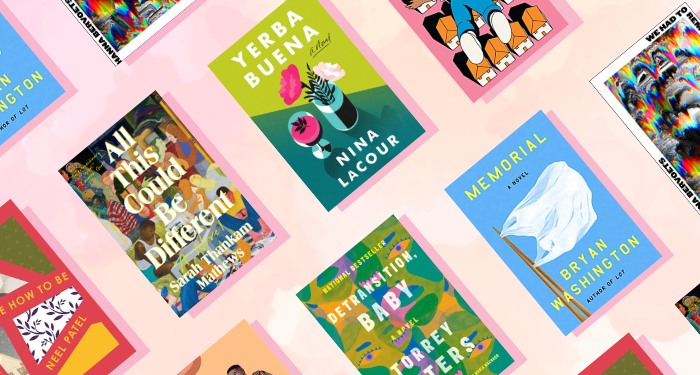
20 Must-Read Queer Millennial Novels
I was born in 1986, which makes me a millennial, although the truth is whenever anyone starts talking about generations I get confused and have to look it all up. What is Gen X again? And what about Gen Y? Oh, wait, that’s another name for millennials, right? I can’t keep track. So I don’t pay a whole lot of attention to memes about what millennials are like, or lists about books millennials should read, or quizzes that will explain to me why I am a millennial based on my habits and/or knowledge of pop culture.
I may be a lackluster millennial when it comes to keeping up with trends and buzzwords, but there’s nothing I love more than books that speak to — loosely defined — the queer millennial experience(s). There’s a lot of discussion, on the bookish internet, about the great millennial novels — what they are, who’s writing them, why we should be reading them. I’m not especially interested in that discourse, but I am very interested in the many queer authors whose work directly addresses all of the messes my peers and I are facing. I crave books that reflect the best and the worst of living through these times. I seek out novels that deal with climate change, exploitative capitalism, economic uncertainty, and internet dating culture. I lose myself in books about queer families, non-normative relationships, and the importance of queer friendship. In all of these stories, I am seeking not just reflections of my own experiences, but ways to understand the experiences of other queer people.
These 20 brilliant books are about millennials. That’s how I’m defining a millennial novel, though I’ve stretched the definition of who counts as a millennial a bit on both sides, because generational divides are blurry. I don’t actually care what books we’ll look back on in 50 or 100 years and declare “the voice of a generation.” These are the books that are speaking to me right now. These are the ones that get it right about what it feels like to be a queer millennial.
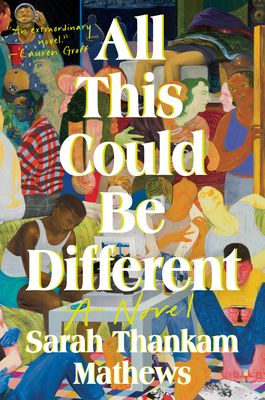
All This Could Be Different by Sarah Thankam Mathews
I’ll admit that this is the novel that made me start thinking seriously about queer millennial novels. I am not one to declare any novel “the voice of a generation” but, for the foreseeable future, if anyone asks me for the book that most truthfully captures what it’s like to be a queer person living through these times in the U.S., this is what I’ll give them. It’s a breathtaking book about Sneha, a 20-something queer Indian immigrant living in Milwaukee during the mid-2000s recession, muddling through love and heartbreak and money and loneliness and friendship. It’s a perfect book. No notes.
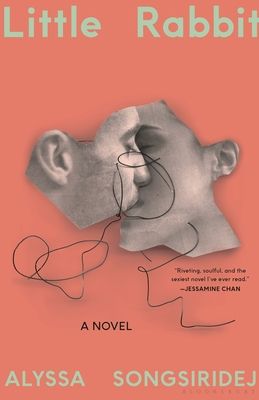
Little Rabbit by Alyssa Songsiridej
On the surface, this is a novel about a queer woman and her relationship with a much older man. If you’re wary of books about affairs between younger women and older men, I encourage you to give this one a try. It is surprising and sharp, a masterfully crafted exploration of selfhood, desire, community, friendship, and art. It’s about so much more than one relationship, though the central relationship is exquisitely rendered. The details beautifully capture the ordinary realities of millennial life: the protagonist’s apartment, the coffeeshops and bars she visits, the meals she cooks.
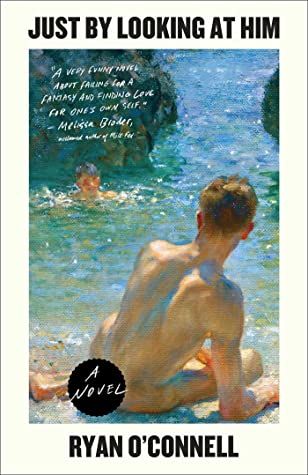
Just By Looking at Him by Ryan O’Connell
Elliott is a 20-something TV writer with cerebral palsy who, despite his good job and loving boyfriend, isn’t really sure what he wants or where his life is going. So he starts sleeping with sex workers in an attempt to find something else. His first person narration is brash and snarky, very loud and in-your-face. He doesn’t hold back, which makes him feel very real. It’s a boisterous but ultimately moving book about sex and desire, disability, self-worth, and navigating relationships.
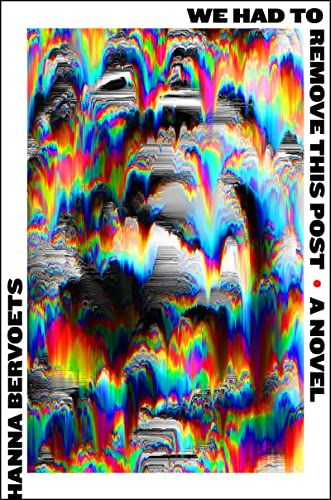
We Had to Remove This Post by Hanna Bervoets, translated by Emma Rault
This is a book about the internet, and what could be more millennial than that? It’s a chilling, upsetting novel, the kind you have to read in one sitting because once you’re in, you’re in, and you don’t want to come up for air. Bervoets exposes the underlying violence of social media in ways that I’m still pondering months alter.
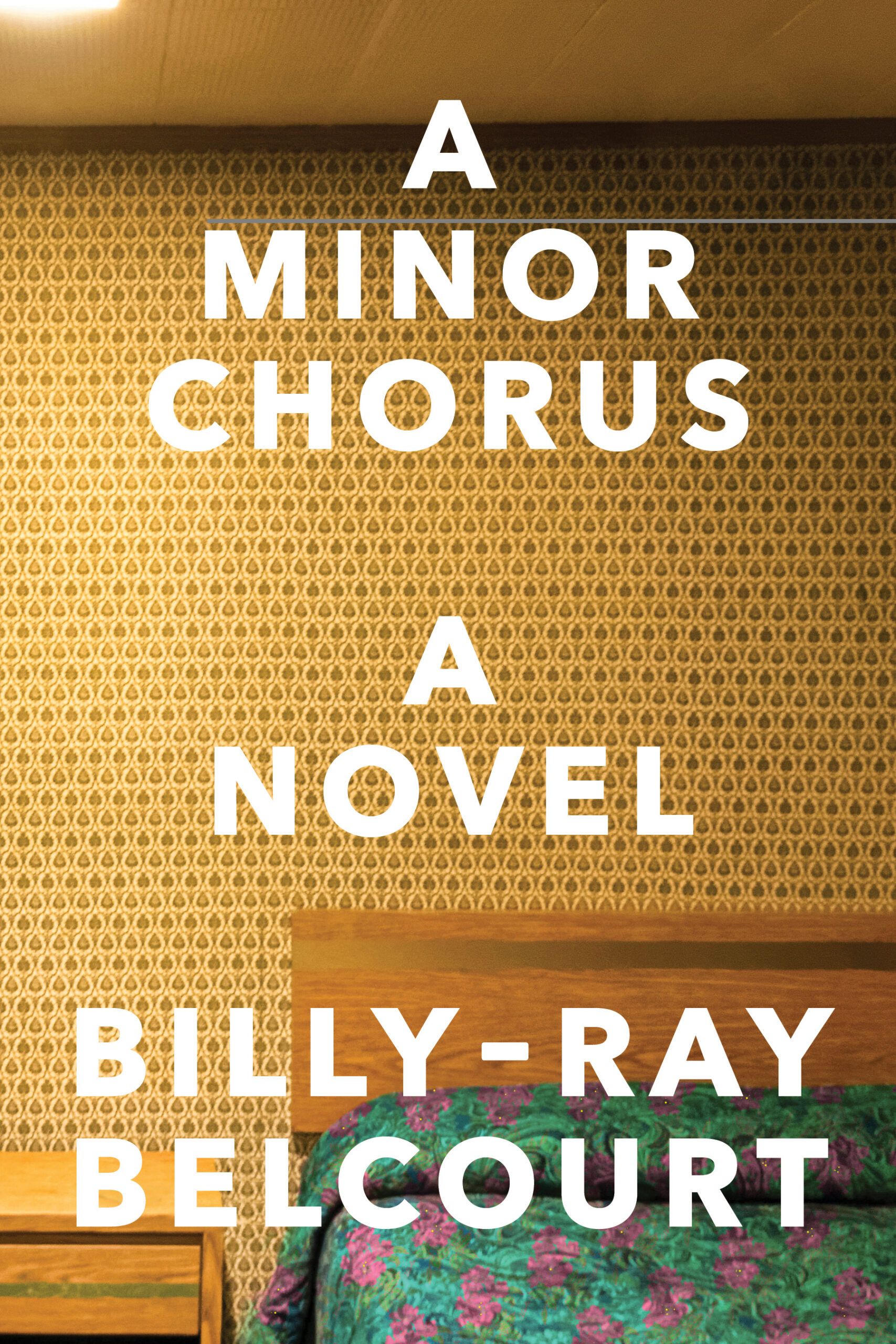
A Minor Chorus by Billy-Ray Belcourt
As a millennial approaching middle age (whatever that is), I find myself drawn to books that consider the past and the future. It’s hard to describe this brilliant novel, which plays with form and overflows with sentences that feel like poems, but it is deeply concerned with questions of how we got here and where we’re going. It’s about a queer Cree PhD student who abandons his dissertation and returns home to Alberta to write a novel. As he visits with elders, family, and community members, he ponders queerness and loneliness, the ongoing violence of colonialism, the purpose of art, academic institutions, and Indigenous knowledge. It’s a short book made of infinite possibiltles.
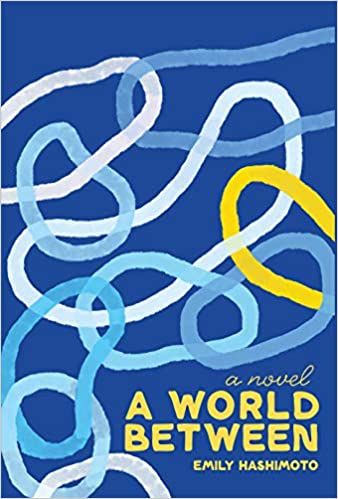
A World Between by Emily Hashimoto
This book is bursting with millennial energy. It’s a love story, sort of. It’s a friendship story. It’s a family story. It’s about two queer women of color who meet and fall in love in college, and then weave in and out of each other’s lives over the next decade plus. It’s about finding a job that pays the bills, even if you don’t like it much. It’s about activism and accountability and family expectations. It’s extremely funny and full of so much sapphic pop culture.
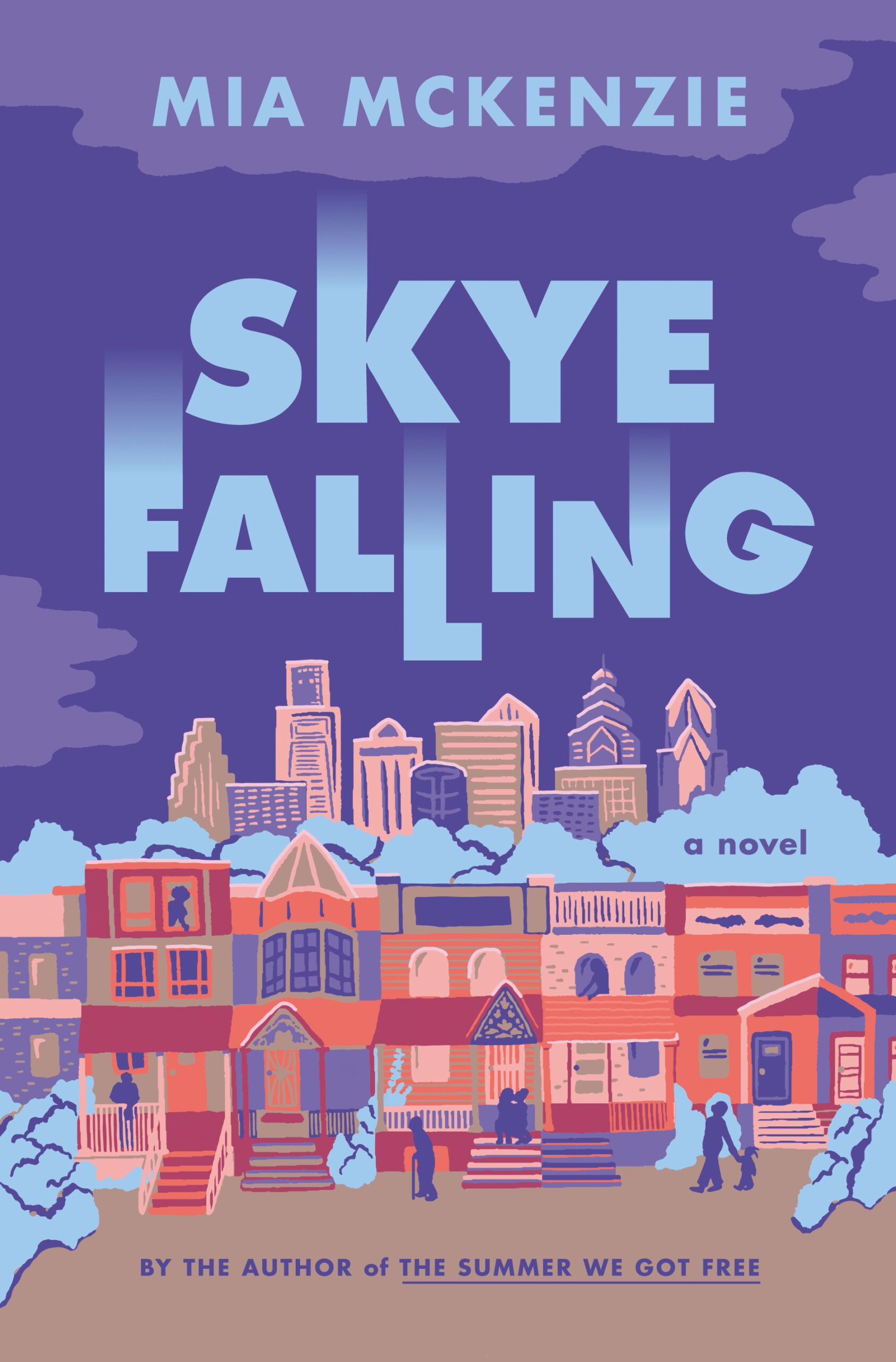
Skye Falling by Mia McKenzie
Queer people have been making our own families outside of heteronormative boxes for as long as we’ve been around. But I like to think we do talk about queer families more these days, that young people have more role models to look up to. Skye Falling is a book about a queer family, and all the mistakes and messes and challenges and joys and moments of beauty that go into making it. It’s outrageously funny at times, and it’s also a thoughtful, nuanced coming-into-self novel about a woman who finally decides to face some of her old traumas head-on.
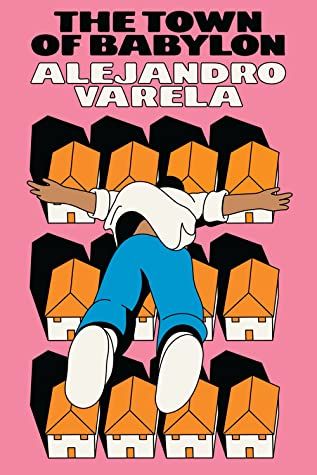
The Town of Babylon by Alejandro Varela
Andrés, the gay Latine protagonist of this smart and funny novel about suburbia, is probably just on the Gen X side of the generational line, but remember when I said I can’t keep all these generations straight? Returning home for his 20th high school reunion, Andrés delves headfirst into all the messes he thought he left behind. In Andrés’s concerns about climate change and public health; the way he often spirals into despair; his deep love of the world paired with his occasional self-righteousness; and his anxiety about relationships, fatherhood, and money, Varela captures so many emotions and concerns that are deeply familiar and relatable, especially for older millennials.
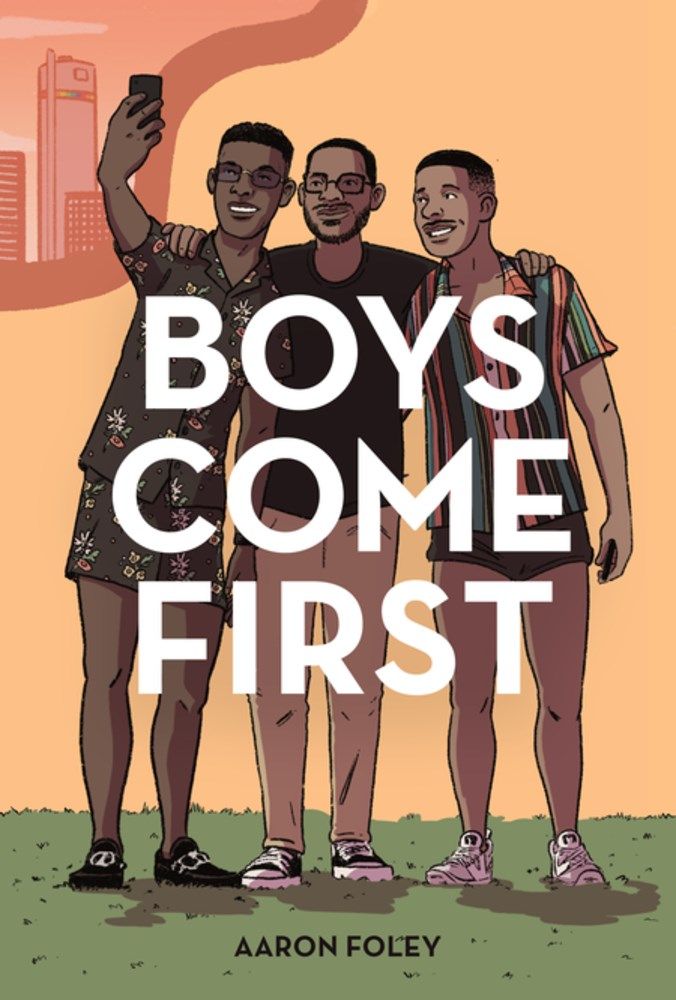
Boys Come First by Aaron Foley
Housing insecurity is a grim reality for so many millennials. You’ve seen the memes about how much it takes to buy a house these days and how those astronomical numbers puts it out of reach for so many people. Gentrification is nothing new, but it’s not getting any better. Foley’s joyful, mostly lighthearted novel about three Black gay friends in Detroit deals with gentrification and the housing crisis, as well as class differences, how money affects relationships, the reality of dating apps, exploitative office cultures, and a whole lot more. It’s a love letter to Detroit and a celebration of Black queer friendship.
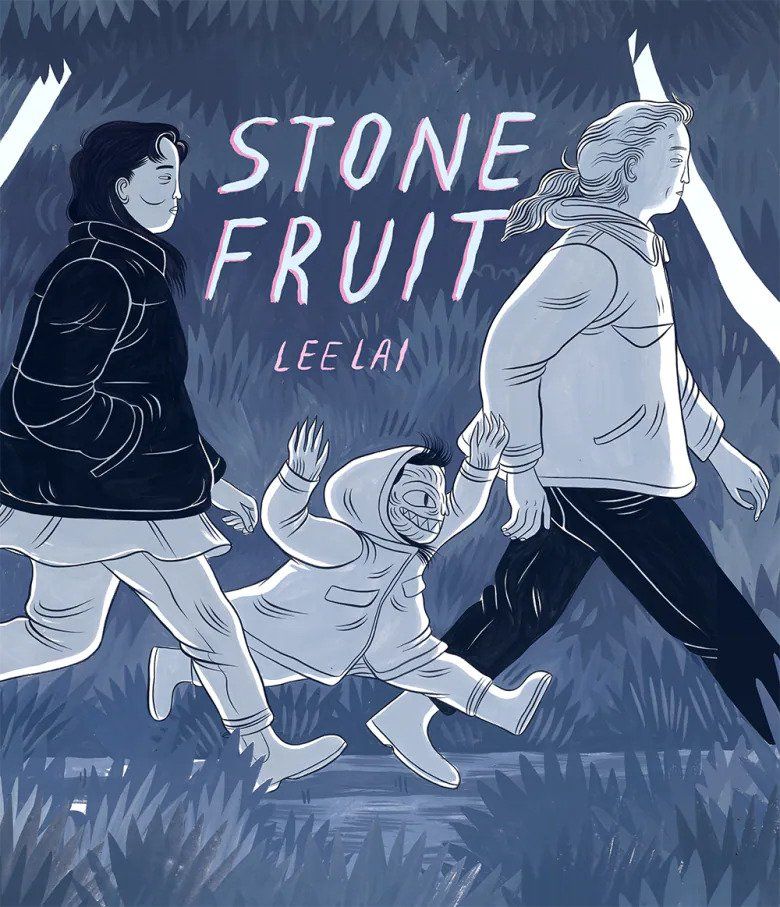
Stone Fruit by Lee Lai
Ray and Bron are a queer couple whose afternoons with their niece, Nessie, are full of magic, when all three of them are free to be their weird, authentic selves. It’s their time away from Nessie that’s the problem. They struggle to communicate openly with each other, often bogged down by the stresses of the real world. It’s a beautiful portrait of a queer relationship in process, and the tensions between our inner and outer lives.

We Play Ourselves by Jen Silverman
This is a gorgeous book about a bisexual playwright and the many messes she gets herself into as she struggles for success and recognition. It touches on so much: sexual violence and #MeToo, power and ambition, queer friendship, what it means to be a woman artist, the line between exploitation and art. If you’re looking for a queer book about a messy woman in her 20s, this is an especially good one.
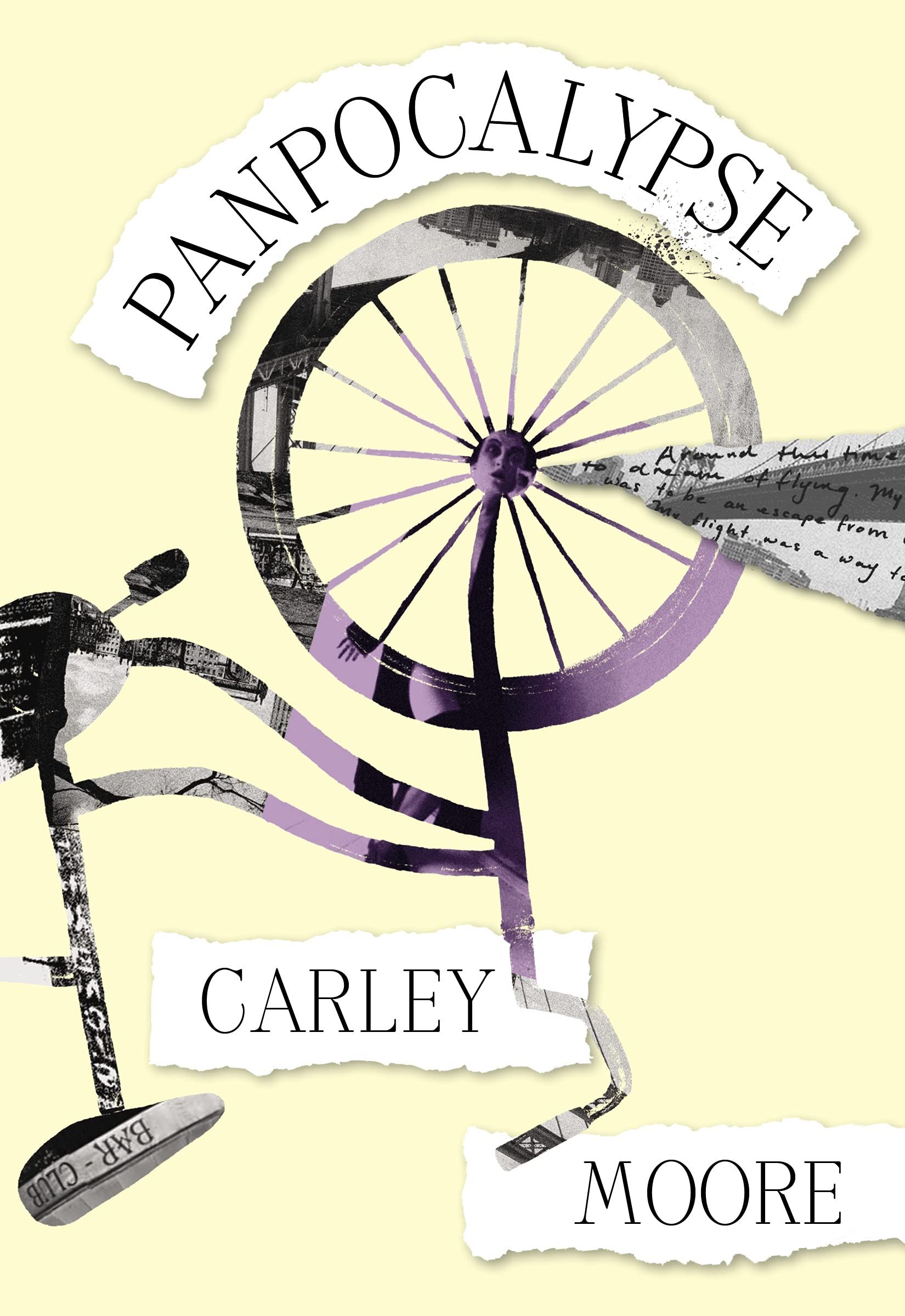
Panpocalypse by Carley Moore
While it’s the generation slightly younger than millennials (Gen Z? Zoomers?) whose lives and development will likely be forever changed by the pandemic, there’s no denying that millennials coming of age and coming into adulthood during the pandemic have also had a unique experience. In this strange, meandering novel, set in the spring of 2020 in New York City, Orpheus wanders the empty streets on her bike, seeking human connection. Through Orpehus’s scattered and often contradictory thoughts, Moore explores queer lineage, parenthood and disability, desire, and isolation.
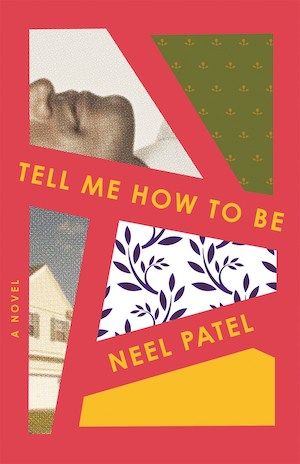
Tell Me How to Be by Neel Patel
This dual POV family saga is about a mother and son, both deeply preoccupied with relationships from their pasts. Akash is a mess when he returns to his childhood home to help his mother Renu pack up the house to sell. Renu is also a mess, though she’d never admit it to her family. Wrestling with their own secrets, they eventually begin talking, which sets them on a tumultuous path back to each other. The similarities in Renu and Akash’s stories are heartbreaking, and highlight the fact that some things remain the same, generation after generation.
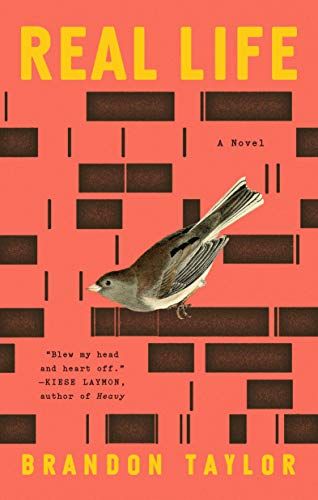
Real Life by Brandon Taylor
I love a novel with a razor-sharp focus. Taylor’s debut hones in on academia, and all its accompanying racism, with painful precision. Wallace is a Black PhD student at a small university in the midwest. Over the course of an eventful summer weekend, as he ponders whether to stay in his program, he questions his past, present, and future choices.
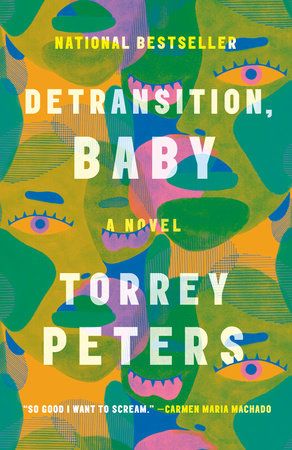
Detransition, Baby by Torrey Peters
Peters address trans parenthood and family-making with refreshing directness and a whole lot of complexity in this modern classic (can I call it that? I’m calling it that). It’s about two trans women, ex-lovers, and a cis woman, (the new girlfriend of one of them), who unexpectedly find themselves contemplating raising a child together. It’s certainly one of the most deeply, wholeheartedly queer books I’ve read in recent years.
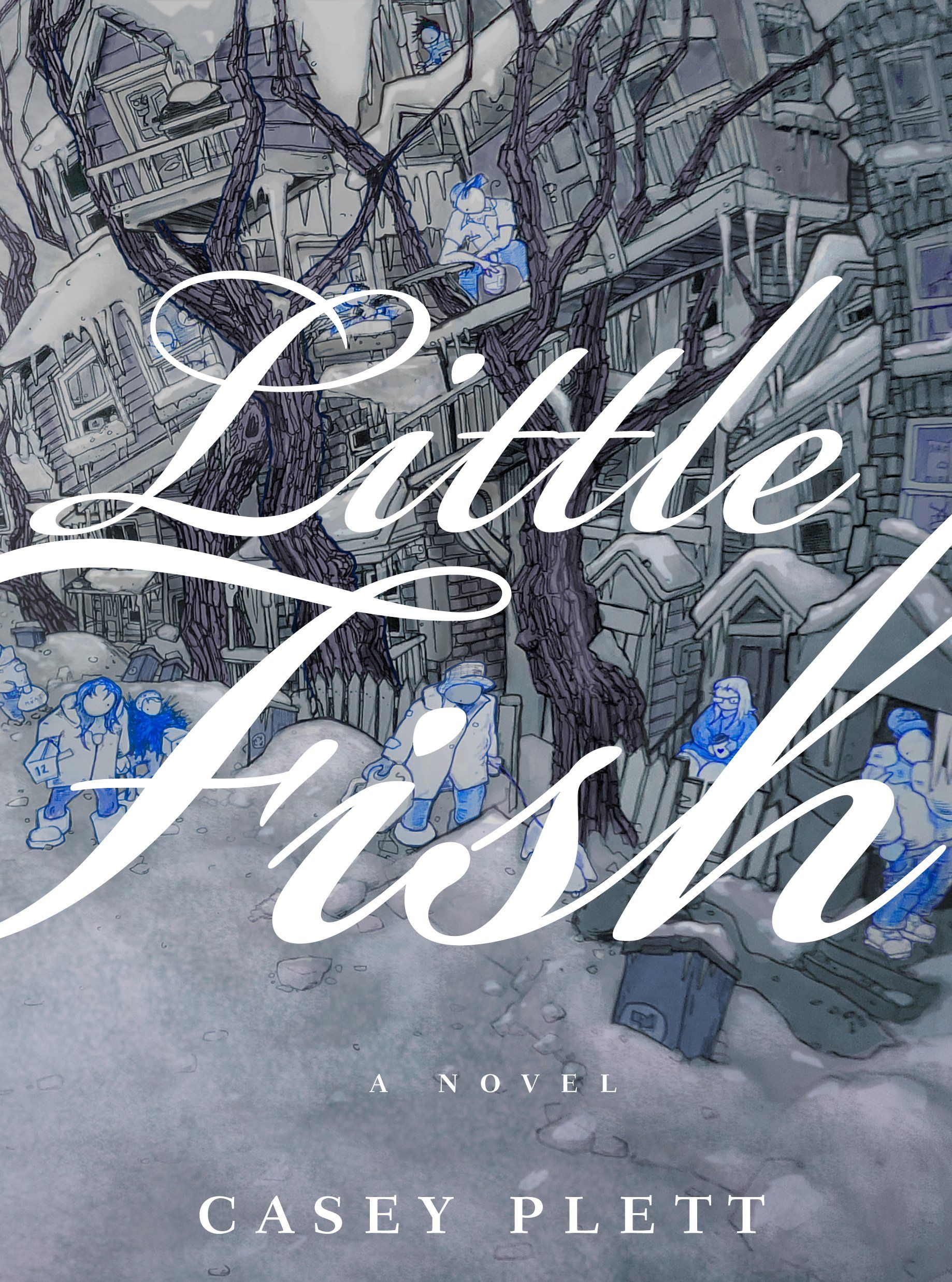
Little Fish by Casey Plett
Plett’s debut novel has a slice-of-life quality that make her novels so good. Wendy is a 30-year-old trans woman living in Winnipeg. She hangs out with her group of mostly trans women friends as they navigate hookups and relationships, sex work, poverty, alcoholism, family. This isn’t a plot-driven book; it’s an intricate character study, a window into Wendy’s world and inner life.
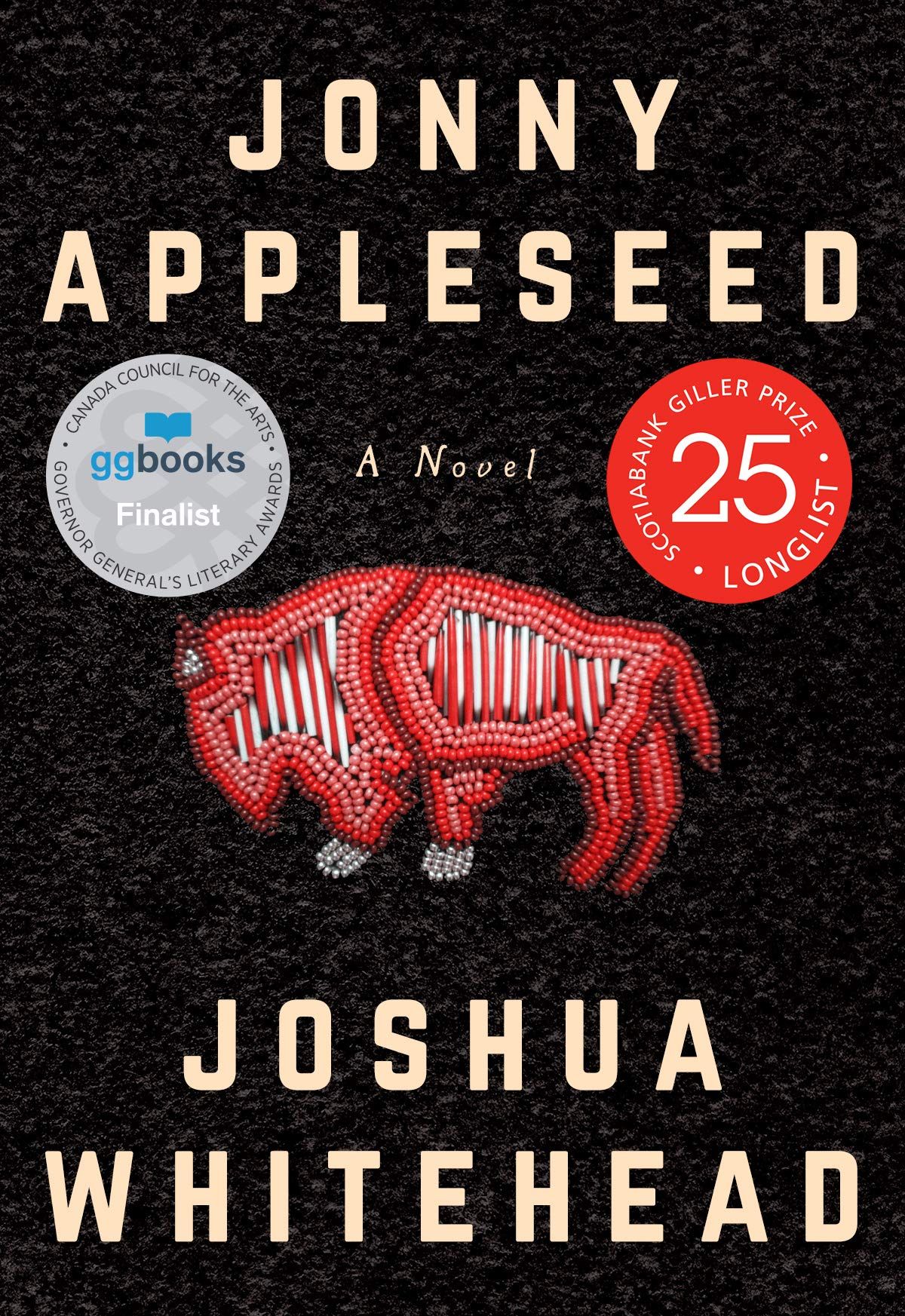
Jonny Appleseed by Joshua Whitehead
Like Little Fish, Jonny Appleseed is a slice-of-life novel that often feels as if its unfolding in real time. Jonny is a 20-something Two-Spirit/Indigiqueer person trying to make enough money for the trip home to the rez for his stepdad’s funeral. So he goes about his days, working, talking with friends, pondering hookups, and reminiscing about his childhood, family, and first love. His voice is funny and assured, wry and tender, a mix of hope, resignation, anger, exhaustion, and pride.
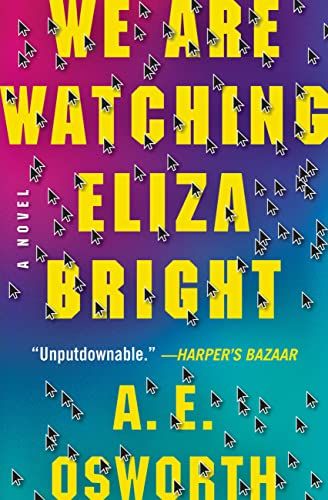
We Are Watching Eliza Bright by A.E. Osworth
Eliza Bright is living the dream as a video game developer…except for the fact that her workplace is steeped in misogyny and sexism and sexual harassment, and when she says something about it, it inspires a vicious backlash that upends her whole life. This is a poignant, scathing novel about toxic masculinity, internet culture, sexism in the gaming industry, what it means to belong to a community, and a whole lot more. The unusual structure and POV makes it an unputdownable read.
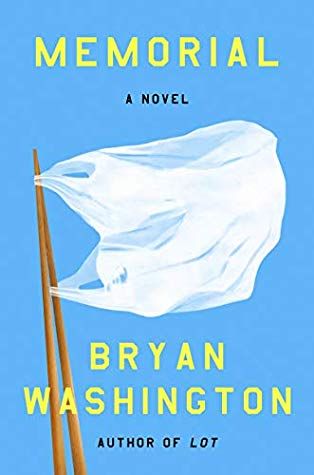
Memorial by Bryan Washington
I like to think of this book as a love story without a happily ever after. Mike and Benson love each other, but they aren’t sure if they want to stay together, and the issue comes to a head when Mike flies to Japan to spend time with his dying father, just his mother arrives in Houston for a visit. It’s a bittersweet book full of characters in hard situations, doing their best — or trying to.
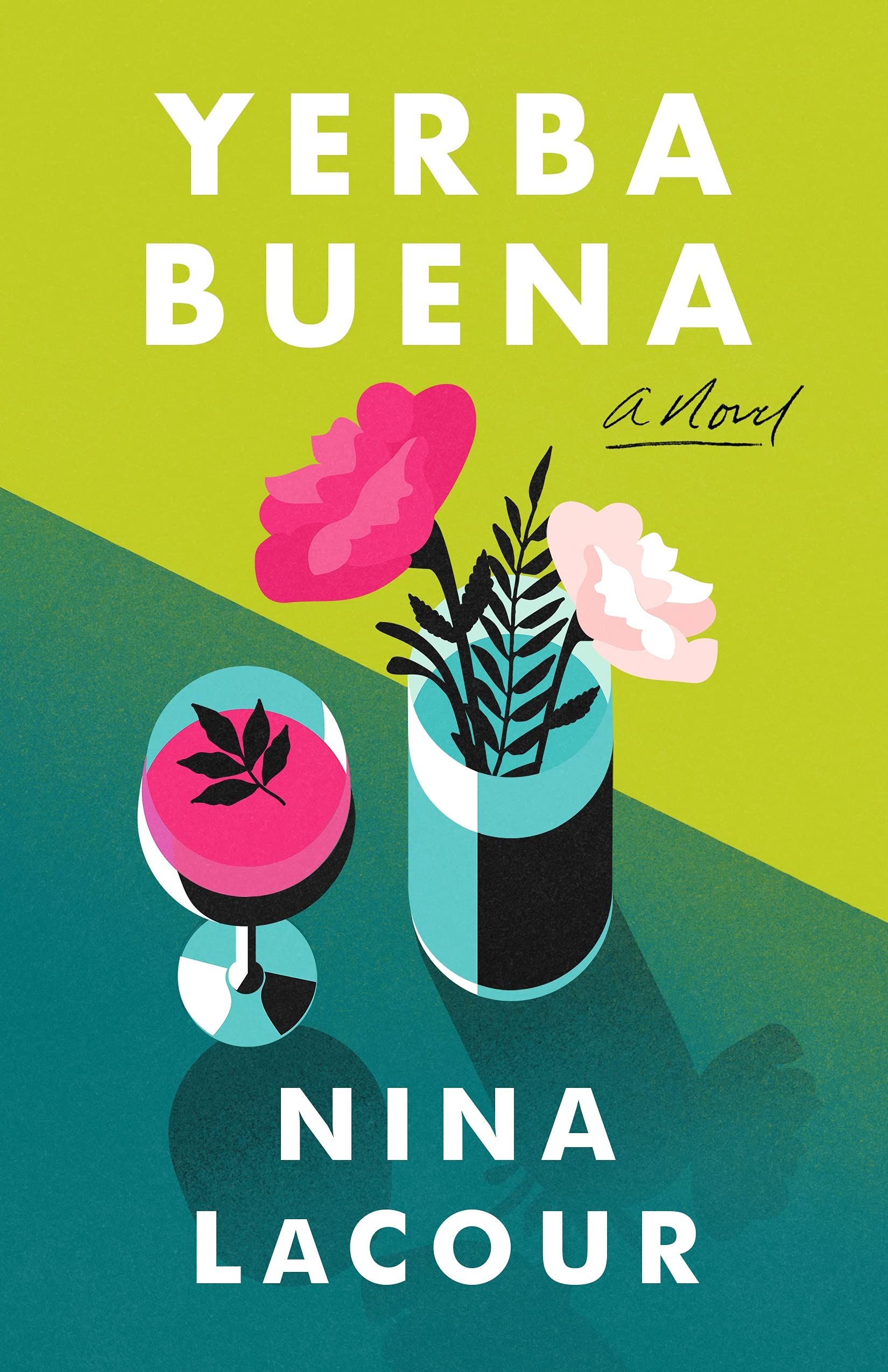
Yerba Buena by Nina Lacour
I’m not sure there’s any concrete details that convey exactly when this book is set. It’s contemporary, but it’s not rooted in any particular year. It is, however, one of the most beautiful and vulnerable love stories I’ve ever read. It’s about two women who slowly find their way to each other — through years and heartbreaks and other affairs, deep friendships and old traumas, family dinners and quiet mornings. It is full of specifics that feel urgent and contemporary, but it’s somehow timeless, too.
Looking for more great millennial books? Check out this list of the great millennial novels (so far). You might also be interested in 11 Books Every Edgy Millennial Read as a Teen. And if you’re rolling your eyes at the whole idea of millennial novels, give this a read: Classic Novels Rewritten as Millennial Clickbait.

















